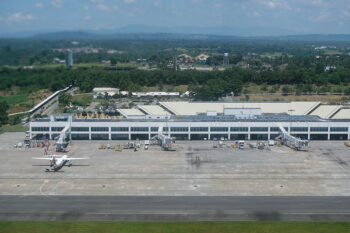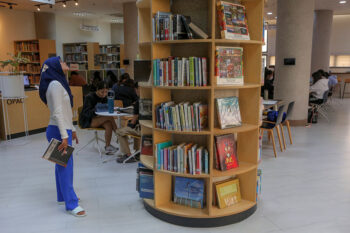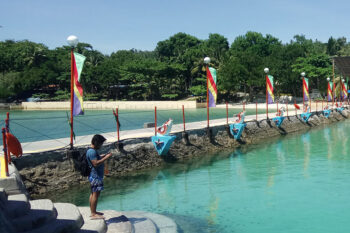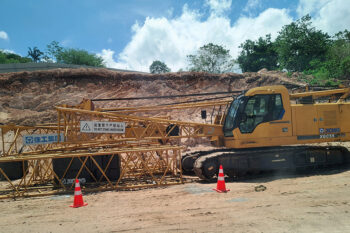DAVAO CITY (MindaNews / 12 Oct) – Moros are living in interesting time. At the national level, we have a president who claims Moro ancestry and by signing the Bangsamoro Organic Law (BOL) into law drives his point of having a heart for Moro’s welfare. At the regional level, we are about to witness the culmination of ARMM as a regional autonomy to be replaced by the Bangsamoro political entity. Will the entity cover only the present ARMM or will include additional territories will be subject to the referendum set for January next year.
Whether we are aware or not, we are now in transition to Bangsamoro. This means the need to inform correctly and objectively the voting public what is and what is not about the Bangsamoro political entity through the BOL. The period leading to the BOL approval in Congress saw the deluge of expression of support, those against and those in between. Comprehending why they are in favor, against or neutral is critical in generating support for Bangsamoro starting with the plebiscite early next year.
Thus, one of the hurdles in the transition is the Moro themselves. What is perceived from the outside as one monolithic group is actually a conglomeration of distinct 13 ethno-linguistic groups. Each ethnicity is proud of its own language, history and heritage. Over time, it should also be noted that the Moro narratives have been largely dominated by diverse cultural, religious, political and professional elites coming from dominant ethnic groups; and across these ethnic diversities are the common social, economic and political challenges in a security environment of protracted conflict and violent extremism. While there is imperative for unity, materializing the vision is tricky and hazy beyond the superficial “Moro-ness” appellation.
The term Bangsamoro is both cultural and legal. Legally, it is how the BOL defines it and would take the form of Bangsamoro political entity. Culturally, it includes Moros within and outside of the entity. Is there similarity and difference of vision statement among Moros within and without, those who are for and against the political entity?
At the beginning of the secessionist movement in the ’70s, the vision was around self-governance with the slogan of hula (homeland), bangsa (people) and agama (way of life). Back then secession was the position, self-governance was the interest and the collective need was retaining their homeland, where Moros can aspire and realize as a people and a way of life. In reality, we have approached visioning along structural, legal and political reforms. What the ARMM experiment had taught us is that, these natures of reform are not enough.
Beyond self-government, what is the vision or visions of Bangsamoro? Ron Lippitt uses the term “preferred futuring”. Early on, I wrote about “Beyond Self-Rule: Moros’ Collective Happiness and Wellbeing” as a way of looking into this issue of common vision from a psychological perspective using Positive Psychology, OECD’s Guidelines on Measuring of Subjective Well-being and World Happiness Index, based on the belief that community wellbeing is founded on individual happiness.
I say visions, in plural form and not singular, is partly inspired by belief in pluralistic approach to futures studies. The singularization of vision may be limiting and excluding, while its pluralization embraces the inherent diversity within the Bangsamoro and expression of alternative and preferred visions. Robert Fritz reminds us, “if you limit your choices only to what seems possible and reasonable, you disconnect yourself from what you truly want, and all that is left is a compromise”.
(MindaViews is the opinion section of MindaNews. Noor Saada is a Tausug of mixed ancestry – born in Jolo, Sulu, grew up in Tawi-tawi, studied in Zamboanga and worked in Davao, Makati and Cotabato. He is a development worker and peace advocate, former Assistant Regional Secretary of the Department of Education in the Autonomous Region in Muslim Mindanao, currently working as an independent consultant and a member of an insider-mediation group that aims to promote intra-Moro dialogue.)







